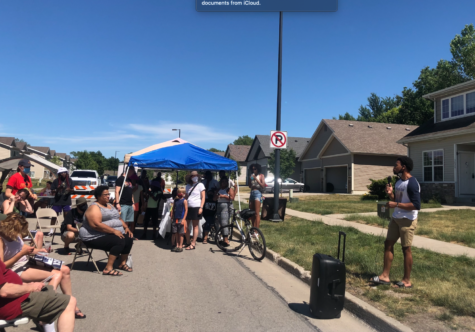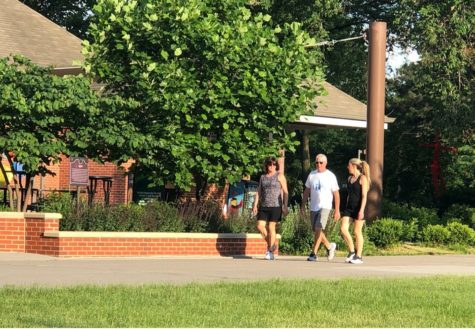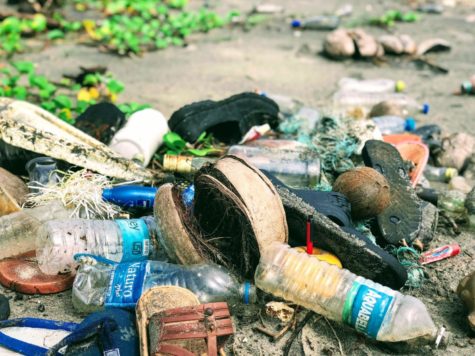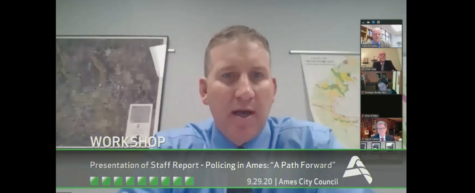University Innovation Alliance stands up for students in need
William Graves responds to a recent letter from the Graduate Student Union.
June 18, 2021
Getting a college degree is one of the most economically stressful and time-consuming undertakings any person can pursue. Often, students can fall on hard times in the midst of their college career and find themselves in need of financial assistance in order to continue. Despite attempts to alleviate some of this financial burden through student loans and scholarships, many students still struggle to keep up.
Recently, the University Innovation Alliance (UIA), a national consortium of public universities, has impacted the lives of many students struggling financially, especially those stemming from low socioeconomic status or students belonging to minoritized groups. This effort is shared by Iowa State, as well as a dozen other public universities spread across the country.
The UIA launched in 2014 with the hope of increasing graduation rates beyond their projected values. The UIA has gone about this in a variety of ways, including proactive analytics to help predict which students may be at risk of a financial injury, college to career programs to help students become employed and even completion grants to boost students in need across the finish line.
Anna Drake Warshaw, director of partnerships, learning and evaluation at the UIA, said, “We support students by helping their institutions reconsider how their structures, systems and policies may undermine student success, albeit unintentionally. We work with administrators at our member campuses to review their data, consider their policies and make changes that will make things easier for students because we believe universities need to be designed around students.”
This student-centric position the UIA has been advocating for already has exceeded expectations as far as effectiveness in helping students graduate. Upon their launch, the UIA originally hoped to graduate 68,000 additional students beyond what was projected for universities in the next 10 years. Just over half a decade later, the UIA has already surpassed their goal, with 73,000 additional students having graduated after receiving assistance from the UIA.
One of the more effective methods of assisting students is the Completion Grants Project.
“The UIA’s Completion Grants Project involved awarding grants of $1,000 or less to students in their final year who had financial balances on their accounts that meant they couldn’t register or complete their degree. These students had to meet a set of criteria, including being low-income and having already used other aid available to them,” Warshaw said. “We’ve found that most of the students that received these small grants were able to graduate within the next year.”
The UIA also utilizes up-and-coming technology in order to stay proactive in helping students avoid issues. The UIA is investing in chat bot technology to help make information more accessible to students, as well as more proactive and personal advising techniques to support students in times of need.
As it continues to move forward, the UIA is always looking to expand and come to encompass more universities or schools, hopefully spreading good will and support to students in need. The University of Maryland Baltimore County and North Carolina A&T State University both recently joined the consortium of student success.
“We’re really proud of the progress we’ve been able to make together, but we know it’s not enough. We have to work harder to make sure race/ethnicity, income and other background characteristics don’t mean students are less likely to earn a degree,” Warshaw said.
The UIA will continue to stand for diverse and low-income populations in the years to come, with hopes to increase this focus and help make higher education attainable to all groups of people. Many students can currently thank the group for help in accomplishing a degree, and hopefully many more will in the future.

















